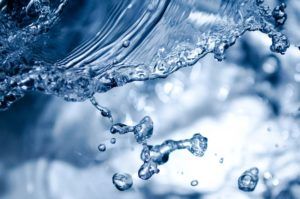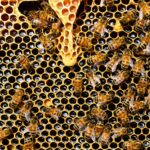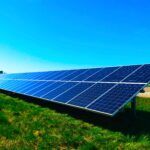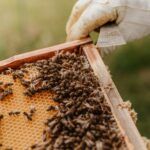Current challenges
Much has already been done in recent decades to improve waste water treatment, according to the EEA briefing ‘urban waste water treatment for 21st century challenges’. The proportion of households connected to treatment facilities varies across Europe, from 97% in western and central Europe, to around 70% in southern, south-eastern and eastern Europe. However, urban waste water treatment now needs to address challenges like climate change, changes in population and newly emerging pollutants.
Extreme weather events linked to climate change are bringing heavier and more frequent rainfall in some areas, but water scarcity in others, affecting how well storm sewers and treatment plants operate. Excessive rainstorms can overwhelm and overload sewer systems and lead to overflows at treatment plants, while a lack of rainfall can lead to problems in collection and treatment of sewage.
Such challenges are added to those routinely addressed by local authorities and water utilities, including financing construction, maintenance, operation and upgrades, as well as sourcing and retaining suitably skilled staff to deliver the necessary improvements in waste water treatment.
The EEA briefing also notes that antibiotics and other excreted pharmaceuticals are increasingly being found in waste water. These chemicals are among those forming a cocktail mix of chemicals, which cannot be easily tackled by many treatment plants, as they require costly, more stringent and energy-intensive treatment techniques.
Solutions
The briefing notes that energy costs and scarce resources are reasons to promote water efficiency. Furthermore, they provide an opportunity for treatment plants to contribute more to recycling and reusing water and recovering materials like phosphorus, which can be collected during the treatment cycle. The briefing cites some examples of investments already being taken across Europe to improve waste water treatment resilience, with the use of retention ponds and rainfall reservoirs to manage water flows from flash floods, or in reusing water that has been treated and cleaned.
More information
Environment and R+I Sections







Leave a Reply